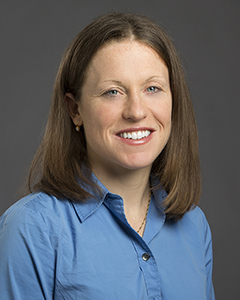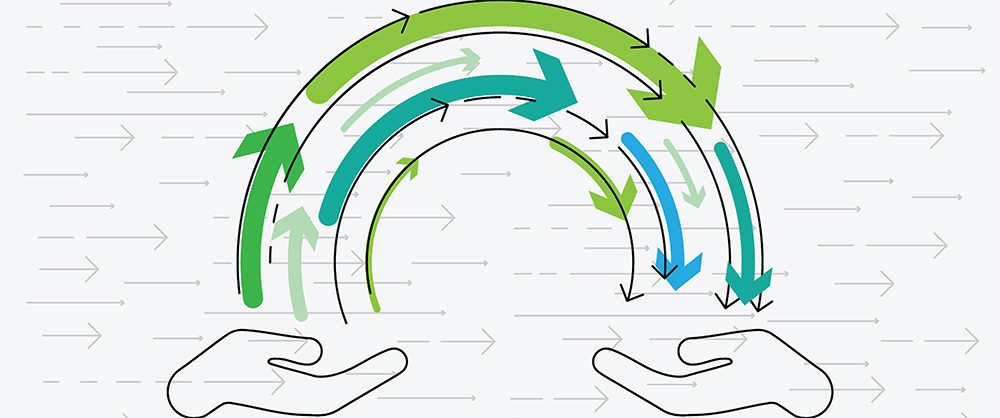
Dr. Kerry Danahy Ebert
Kudos provides a free toolkit for increasing usage and impact of published research. Researchers use Kudos to explain work in plain language, and to manage and measure efforts to share it (by email, social media, academic networks and more). ASHA partnered with Kudos to support our authors in their outreach efforts by helping them be more connected to the ways they communicate.
In 2015, Kerry Danahy Ebert, Kathryn Kohnert, Giang Pham, Jill Rentmeester Disher, and Bita Payesteh received an Editor’s Award for their article, Three Treatments for Bilingual Children With Primary Language Impairment: Examining Cross-Linguistic and Cross-Domain Effects. In March of that year, Dr. Kerry Danahy Ebert claimed the publication in Kudos. Here, Dr. Ebert from the Department of Communication Disorders and Sciences in the College of Health Sciences at Rush University in Chicago, Illinois, talks about her experiences with Kudos.
What was your experience summarizing your work for Kudos?
I did a couple of summaries a while ago, then I did one more recently…. I originally did the piece for the People’s Science based on their invitation to me. It was what got me thinking about translating scientific results to a more “digestible” format.
“I would like the things I write to be read and to mean something…and it seems these days that a translational site like Kudos is now a piece of that.”
When I wrote the things for the previous site, the People’s Science site, they had some very specific guidance of “put this information at the beginning of your summary, kind of flip the way you’d usually do an abstract, put your big conclusion at the beginning,” so they had some really detailed instructions that were helpful the first time you try and write something like that. Then, once you look at some examples and start, it only take a few minutes to write a little summary of what you did.
Kudos connects with Facebook, Twitter, LinkedIn, etc. to allow the easy distribution of links to research articles through social media. You are then able to track how many times the article has been retweeted, seen, cited, etc. using the system on their website. How do you keep track of the results of your efforts in Kudos?
I’m on an email list for them now. They send me a monthly summary of views on my publication. It’s useful to see if you did get any, especially if you’re going to use it systematically. It’s good to see what kind of results you’re getting and if you could do anything differently. Maybe if I did something different, then this would look different?
Why do you think that it is important for researchers to publicize their work?
It’s clear that the uptake and implementation of results from a scientific article that is “just” published (without any publicity or attempt to translate results to a general audience) is not very good. I would like the things I write to be read and to mean something…and it seems these days that a translational site like Kudos is now a piece of that.
Related Resources
In Effects of Three Intervention Programs for Bilingual Children With SLI, Kerry Danahy Ebert discusses her Editor’s Award winning article investigating the relative effects of three different treatment programs for school-age bilingual children with primary or specific language impairment (PLI) and exploring hypothesized relations between languages and cognition in this population.
- Kudos provides tools to help you increase usage of and citations to your research publications. Visit Improve my Performance on the Kudos site to discover strategies to maximize the visibility of your work.
- Guidance on explaining your work and specific examples are available in Kudos’ blog post, Explain your work – the Kudos way
- The People’s Science provides a list of resources that are practical and helpful for researchers who want to improve their science communication skills. Visit the People’s Science Tips and Training for more information.







